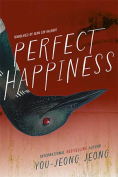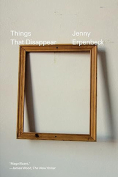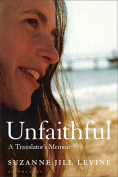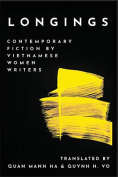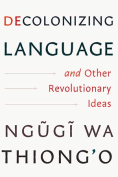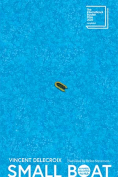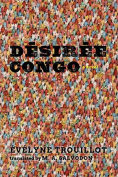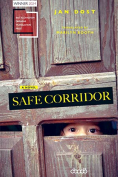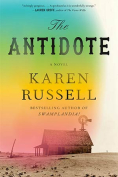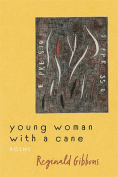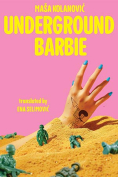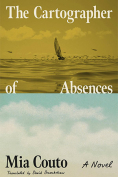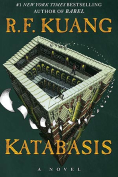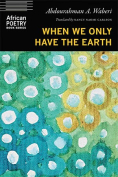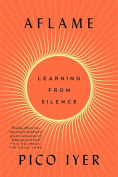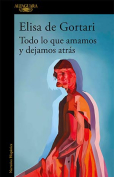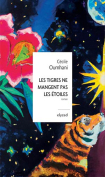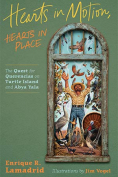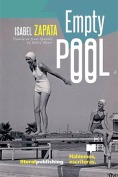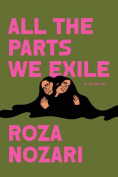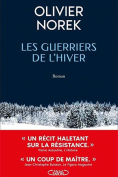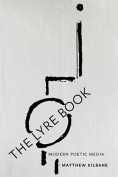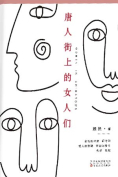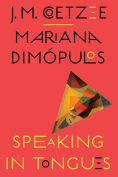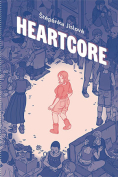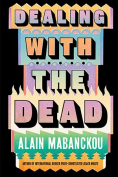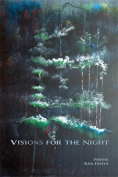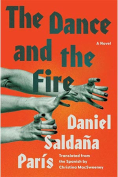All the Parts We Exile by Roza Nozari
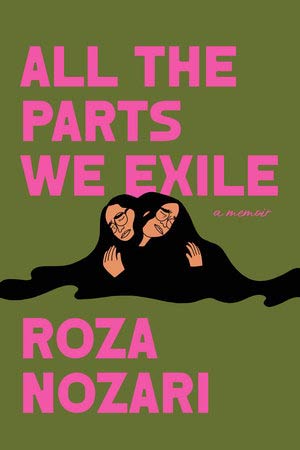
Toronto. Knopf Canada. 2025. 256 pages.
Roza Nozari’s All the Parts We Exile is a powerful testament to the dualities an individual possesses. The youngest of three daughters, Muslim, and queer, Nozari was the only daughter born in Canada after her parents and two sisters immigrated from Iran. Nozari embarks on a journey to understand what home and family mean when one is separated from the land that continues to define one’s life, traditions, and connections. At the same time, All the Parts We Exile is also a powerful testimony to the arts and the communities where the simple act of acceptance can allow an individual to blossom and flourish.
Nozari reflects, “How many of us were grown in a body that aches for home, just as it gifts us a home. Our growing bodies absorbing the earthquake of their grief. Our mothers feeling alone.” Like many children of immigrants, Nozari finds herself torn between the homeland in which she was born and her family’s homeland of Iran. Iran, nonetheless, is a point of emotional and intellectual conflict for Nozari. Nozari shares intimate snapshots of her visits to Iran, visits where she is enveloped in endless love by her aunties and cousins. However, visiting Iran also cements Nozari’s antipatriarchal sentiments. She hears her mother’s stories about Iran’s brief flirtation with more progressive attitudes toward women prior to the Revolution, but the Iran Nozari encounters during her visits is vastly different. Nonetheless, Iran is inseparable from the author’s identity: “Home was where your family was from, where your roots lived, where your lineage could be traced back to—not necessarily where you lived now.” At one point, shortly after confronting her queerness with herself and others, Nozari contemplates returning to Iran to live and even considers marrying a man. This dream, nevertheless, is short-lived and fictional.
All the Parts We Exile places a critical eye over many aspects of white, Western society, including pop culture and relationships. Nozari expertly tackles how pop culture facilitates objectification and unattainable female ideals: “The rom-com industry had done exceptionally well in convincing girls and women like me that acquiring ‘pretty’ status was not only do-able, but a necessary step towards becoming a human worthy of love.” She describes the wares pedaled by such industries as “cruel optimism,” which keeps women grasping for whatever attention is given to them, even though “the worth we yearned for was not going to be found here.” The industry’s proliferation of this seemingly inescapable expectation also influences how males view females, and as Nozari embraces her queer identity, she finds that she is more able to stand up not only to these unrealistic beauty standards but also to toxic masculinity. One of the bravest realizations Nozari offers in the book is when she asserts that “it occurred to me that I didn’t actually have to endure men explaining things to me. Actually, I don’t actually have to endure relationships with men, period. And so, I abruptly swore them off.” This abrupt swearing off of men, Nozari recognizes, might be difficult for many, but for her it arrives after having had “few examples of loving, tender men” in her life.
All the Parts We Exile fearlessly tackles a number of subjects, and one of the most obvious areas of Nozari’s fearless self-awareness appears when she begins disclosing her struggle with depression. “It’s hard to see anything when you’re drowning in depression, let alone a life jacket being thrown at you.” This recognition comes to the author after she is invited to a panel at Laurier by Professor E, under whom Nozari had studied. Nozari attends the panel, which results in a life-changing invitation to “Femme Fridays,” an invitation that opens Nozari’s social circle and rejuvenates her personal relationship with her Muslim faith. This rejuvenation is part of Nozari’s arrival into a deeper sense of self, and as Nozari notes, “arriving has always also meant departing. And because we cannot be in two places at one time, there is always something we are leaving behind.” Nonetheless, in as much as All the Parts We Exile explores what one leaves behind in order to understand, reclaim, and ultimately accept who they are, it is about discovering “how deeply interconnected our existence is—across generations, across communities.” It is a book about permission, too—the permission given by one’s self to live a complete, realized life and the permission others give to one another “to live and feel their freedom, too.”
All the Parts We Exile is a braided mother-daughter narrative, both boldly honest and, at times, sharply humorous. Tender in its exploration of the self and of queer Iranian histories, All the Parts We Exile is beautiful and necessary. In it, Nozari establishes herself as one of this year’s most important diasporic voices.
Nicole Yurcaba
Southern New Hampshire University

